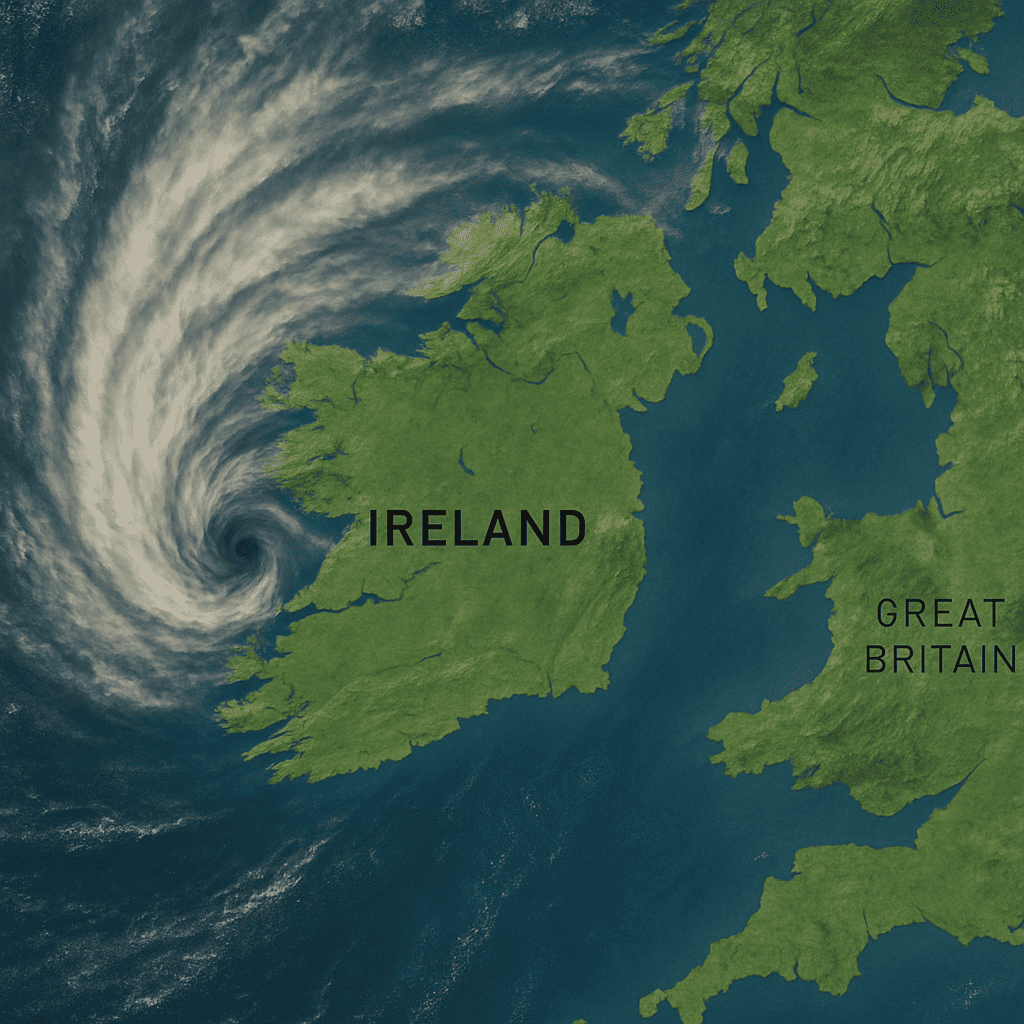
At Sligo University Hospital, elective surgeries were postponed after heavy rainfall damaged roofing works in the orthopaedic theatre. In Donegal, county council teams have pre-deployed sandbags in flood-prone areas, while ESB crews remain on standby to deal with potential power outages.
Northern Ireland is also on alert, with an Amber wind warning for Antrim, Derry, Tyrone and Fermanagh. Schools in these counties closed at noon, and the UK Met Office has warned of damaging winds, possible power cuts, and flying debris.
Galway Closures to Protect the Public
In Galway, the City Council has announced several precautionary closures:
- Toft Car Park and Salthill Car Park are closed until further notice.
- Silverstrand Road has also been shut to traffic.
- Ballyloughane Beach Road is open only for local access.
Crews remain on site, monitoring conditions closely, and may close parts of the Salthill/Seapoint Promenade and Grattan Road if needed. Residents and visitors are urged to avoid unnecessary coastal travel and to keep up with official updates.
Dangerous Conditions Along the Western Seaboard
Met Éireann forecaster Liz Walsh said gusts could reach 120 km/h, especially in towns such as Clifden, Achill, Belmullet, Falcarragh and Tory Island. She described the storm as “infrequent and dangerous” and stressed that risks to life and property cannot be ruled out. The RNLI has echoed warnings, highlighting the dangers near piers, cliffs and seafronts.
A Nation Prepared — and Hopeful
Storm Amy, the first powerful weather system of the season, has already been described as extreme by officials. Schools are closed, flights grounded, ferries cancelled and coastal roads under threat — yet across Ireland, preparations have been swift and community spirit remains strong.
Volunteers are checking on elderly neighbours, local councils have activated emergency teams, and families are pulling together to stay safe. In coastal towns, shopkeepers and residents alike have reinforced premises and shared resources.
While the storm may test infrastructure and patience, it also reveals Ireland’s resilience. The country has weathered many tempests before — and each time, communities adapt, rebuild, and grow stronger. Authorities stress that by heeding warnings and looking out for one another, lives can be protected and recovery made faster.
As one RNLI spokesperson put it, “The sea will always be there tomorrow. What matters is that we all are, too.”
